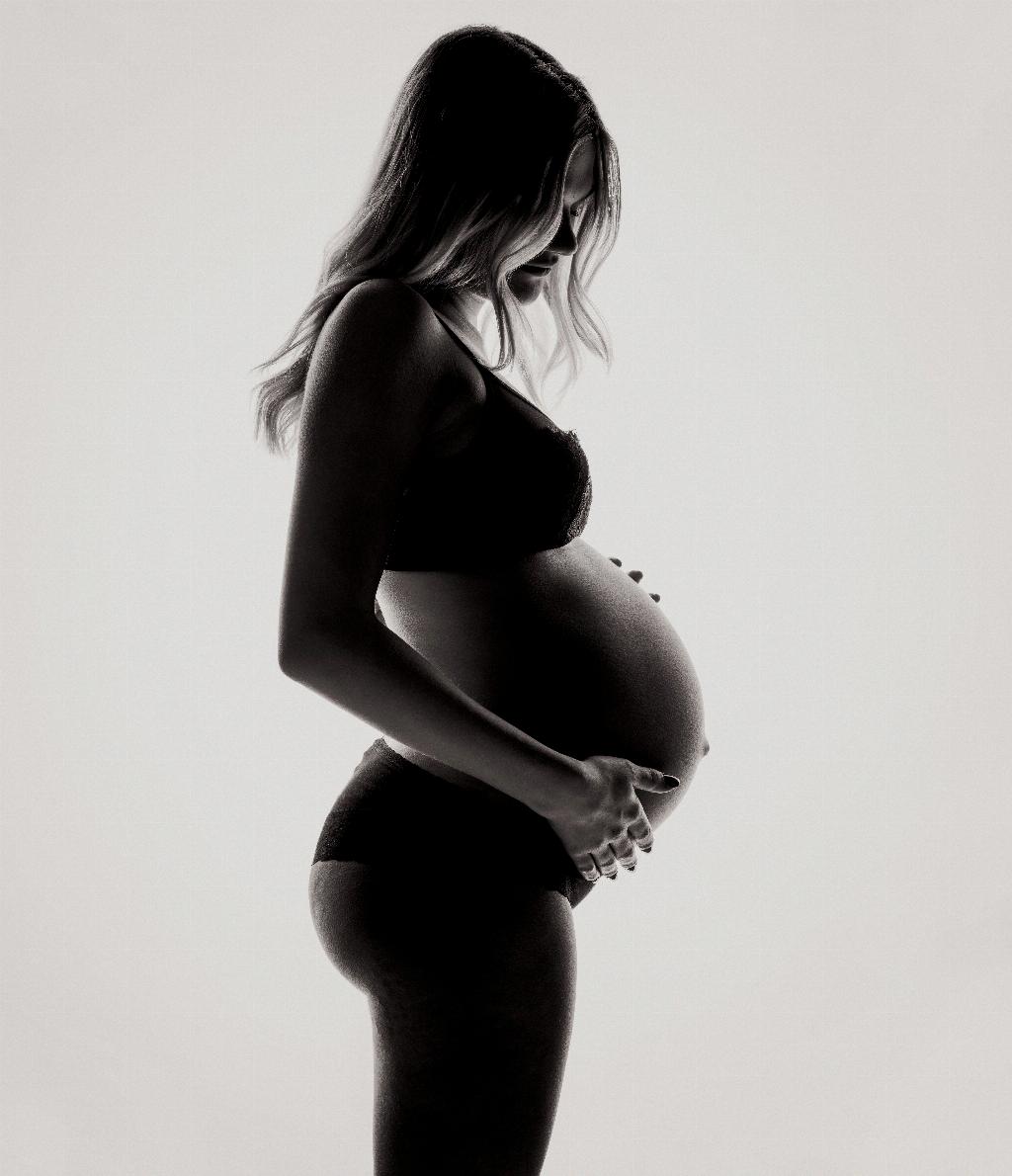When it comes to the unique marsupials known as opossums, there is a fascinating aspect of their lifecycle that often raises the question: Do possums give birth in their pouch? Let’s delve into this captivating topic and uncover the truth behind this marvel of nature.
The Miracle of Opossum Birth
Unlike many mammals, female opossums give birth to remarkably tiny offspring that are practically helpless. These babies, as minuscule as honeybees, enter the world in a state of vulnerability that is truly astounding.
A Safe Haven: The Mother’s Pouch
As soon as these delicate newborns enter the world, their instinct guides them to crawl into the safety of their mother’s pouch. This pouch becomes a haven of warmth and protection where the young possums find solace and continue their development.
Development Inside the Pouch
Within the confines of the pouch, the tiny opossums undergo significant growth and maturation. This cozy environment provides them with the necessary conditions to thrive and progress toward independence.
A Versatile Pouch: In and Out
As the young opossums grow larger and more adventurous, they start venturing in and out of the pouch. This emerging sense of curiosity and exploration prepares them for the world outside, ensuring they are ready for the challenges that lie ahead.
Bonding Through Proximity
The closeness fostered by the pouch not only aids in the physical development of the young possums but also nurtures a strong emotional bond between mother and offspring. This bond forms the foundation of familial ties that last a lifetime.
On the Move: Riding on Mother’s Back
As the mother opossum sets out in search of sustenance, her offspring often hitch a ride on her back. This close physical contact not only provides the young ones with a unique vantage point of the world but also strengthens the familial connection through shared experiences.
A Test of Independence
As the young possums grow in strength and agility, they gradually shift from relying on the pouch for protection to exploring the world on their own. This transition marks a crucial stage in their journey toward independence.
Building Life Skills
Through their interactions with the environment and the guidance of their mother, the young opossums acquire essential life skills that will serve them well in their future endeavors. From foraging for food to avoiding predators, these lessons are crucial for their survival.
Embracing the Unknown
With each new experience and challenge they encounter, the young possums grow more resilient and adaptable. Their ability to navigate the uncertainties of the world underscores the remarkable adaptability of these fascinating creatures.
A Legacy of Resilience
As the young opossums mature into adulthood, they carry with them the lessons learned during their time in the pouch. This legacy of resilience and resourcefulness ensures that they are well-equipped to face the complexities of the wild and thrive in the ever-changing landscape of their habitat.
Conclusion
In conclusion, while opossums do not give birth in their pouch per se, the pouch plays a vital role in nurturing and supporting the development of their young. Through the remarkable bond formed between mother and offspring, these fascinating marsupials embark on a journey of growth, discovery, and resilience that exemplifies the wonders of the natural world.

